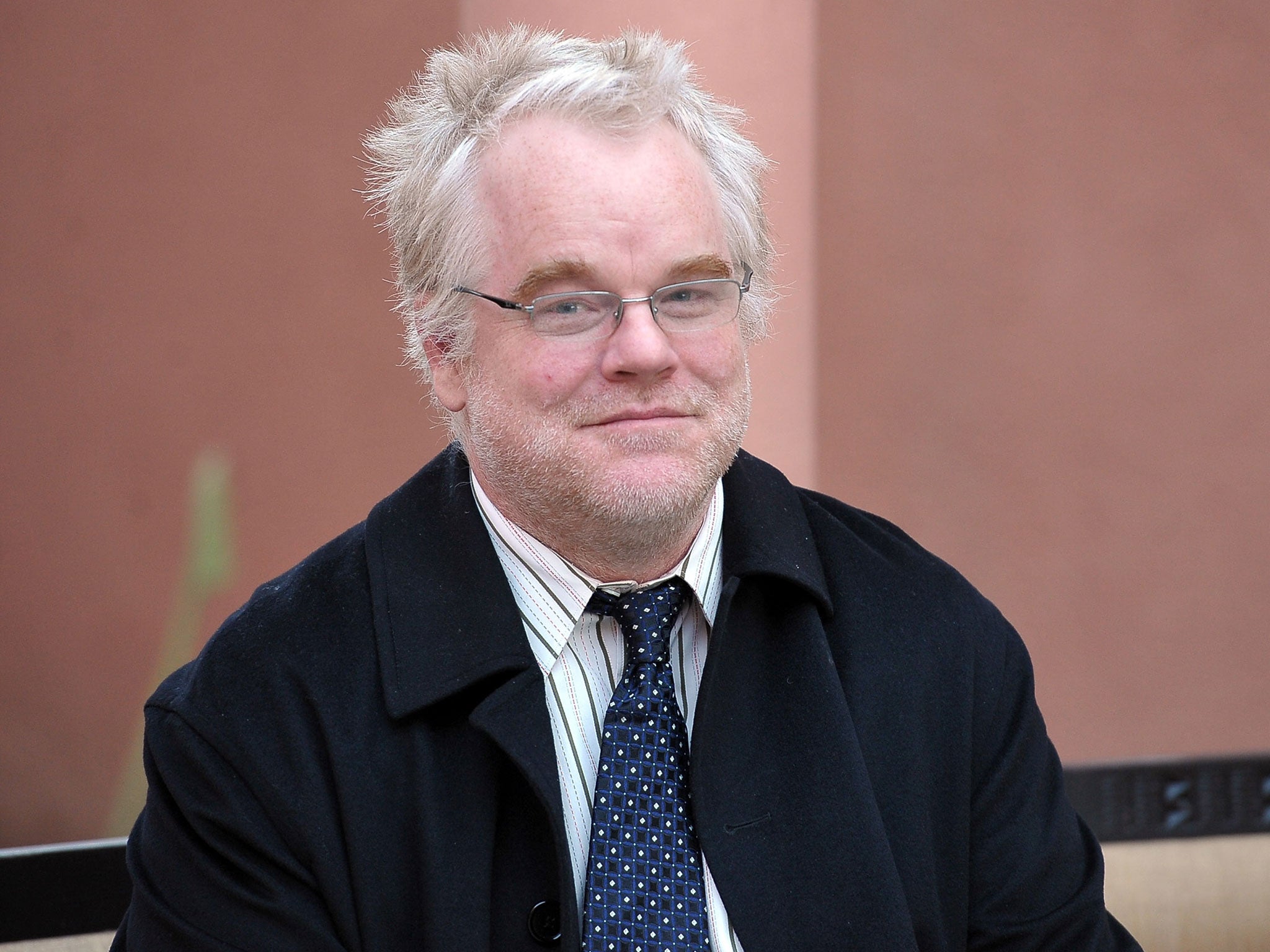Heroin addiction strikes high and low, and the socially disadvantaged ‘junkies’ deserve just as much sympathy as Philip Seymour Hoffman
It's important to understand why people turn to the drug

The death of Philip Seymour Hoffman from an apparent heroin overdose has excited all manner of reaction and reflection not only about the person but how he, a successful person with many social advantages, might have come to such a sorry and lonely end on a hotel bathroom floor. In the mix of grief and prurient interest, some understanding of the drug and - more importantly - people’s use of it may get lost.
People ‘do’ drugs because of what drugs do. They affect the way a person feels. That is their allure and the essence of addiction is the (failing) struggle to establish control over the relationship with the drug. For many that relationship becomes all-consuming with a range of harmful consequences, including impact on family, friends and colleagues, none of which deter continued use. Not everyone chooses the same drug. People tend to be attracted to one that suits their psychology and physiology. Not every user wants the buzz of cocaine or the disinhibiting intoxification of alcohol.
Heroin is synthesised from naturally occurring morphine. One source is poppies grown in Afghanistan. When it enters the brain, heroin is converted back into morphine and binds to molecules on cells known as opioid receptors, which mediate the perception of reward and pain. Morphine is used medically to relieve physical pain but in truth it eases emotional pain also, transporting the user from difficult reality...while its effects last. Heroin leaves users feeling a surge of euphoria, particularly when injected. It has other physical effects such as drowsiness, warming of the skin and dry mouth.
Opioid receptors can be found in those parts of the brain that control essential life functions such as blood pressure and respiration. The drug’s effect on breathing is why heroin is often implicated in fatal overdoses. It has been said that under heroin’s influence the body simply “forgets” to breathe. It is vital to remember that risk of death is higher among those who have recently been “clean” because their tolerance will have reduced. But who thinks of that in a moment of desperation?
Regular use of heroin changes brain function, one consequence being tolerance whereby more of the drug is needed to achieve and maintain the effect. This goes hand in hand with dependence which is experienced as an intense need, even craving, to continue using the drug to avoid the unpleasant symptoms of withdrawal (“ cold turkey”). A person’s objective recognition of the harm being done is subverted by a powerful attraction to the drug that operates on a much more primitive level.
Although it has a high risk of addiction, not everyone who tries heroin becomes addicted. Nor as the famous life recently lost, suggests, is its use limited to the socially disadvantaged. Addiction doesn’t discriminate. It is fascinating to witness the outpouring of appropriate sympathy and empathy towards Philip Seymour Hoffman, emotions that are rarely afforded to the thousands upon thousands of other “junkies” from socially disadvantaged backgrounds.
Nick Barton is Chief Executive of Action on Addiction
For more information please visit www.actiononaddiction.org.uk or call 0300 330 0659
Read More:
The Last Months Of Philip Seymour Hoffman's Life Paint A Private Struggle To Cope With The Breakdown Of His Personal Life
Philip Seymour Hoffman dead: '70 bags of heroin' found inside actor’s home
'A Magnificent And Versatile Actor': Geoffrey MacNab On The Late Philip Seymour Hoffman
Philip Seymour Hoffman & Hollywood's Drug Addiction: Why Did No-One Care About His Problem Until It Killed Him?
Join our commenting forum
Join thought-provoking conversations, follow other Independent readers and see their replies
Comments
Bookmark popover
Removed from bookmarks